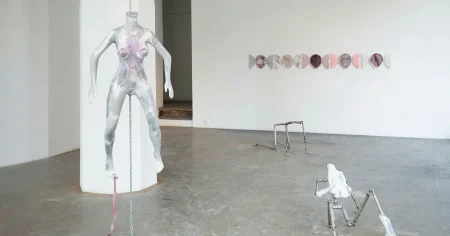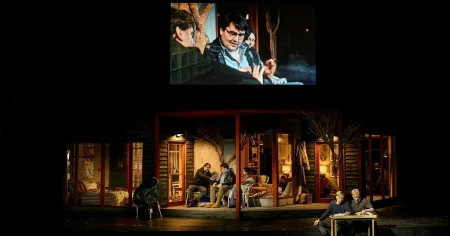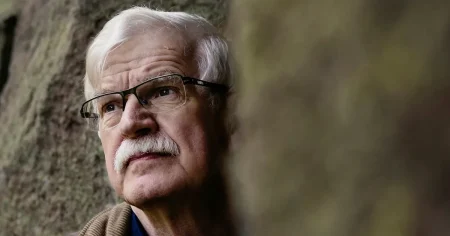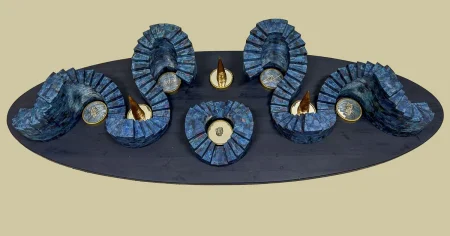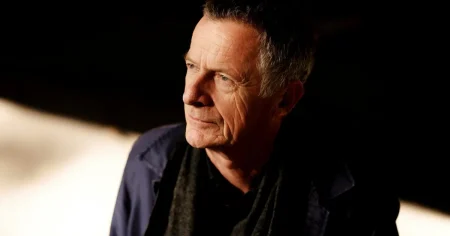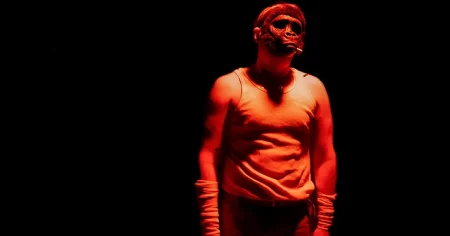Paolo Sorrentino’s ”Parthenope,” a cinematic love letter to Naples, weaves a captivating narrative around its eponymous protagonist, a woman of captivating beauty whose life echoes the mythical siren who gave Naples its original name. Born from the sea in post-war Italy, Parthenope’s journey unfolds as a modern reimagining of the siren’s tale, her allure captivating all who encounter her. Yet, unlike her mythological counterpart, Parthenope chooses a life of intellectual pursuit over romantic entanglement, embarking on a lifelong quest for self-discovery fueled by a tragic event in her youth.
Celeste Dalla Porta, the actress portraying Parthenope, embodies the character’s enigmatic nature, a woman who skillfully navigates a world of male attention while prioritizing her inner life. Despite her inherent vulnerability, Parthenope transforms her pain into a source of strength and self-awareness. Dalla Porta describes her experience working with Sorrentino as a transformative journey of exploration, where the director’s trust allowed her to delve deep into the character’s complexities and connect with the camera in a way that enhanced her performance. This collaborative approach fostered a sense of freedom and authenticity, enabling Dalla Porta to portray Parthenope’s strength and vulnerability with remarkable nuance.
Sorrentino’s signature aesthetic, evident throughout his filmography, permeates ”Parthenope,” showcasing a unique blend of beauty, irony, and anthropological observation. He captures the complexities of human behavior without judgment, finding beauty even in darkness and pain. Dalla Porta praises Sorrentino’s ability to present the world in a fresh and authentic light, seamlessly blending tradition with innovation. This artistic vision elevates the narrative beyond a simple love story, transforming it into a profound exploration of human experience.
The film also delves into the burdens of beauty, portraying it as a double-edged sword that can become a source of confinement and suffering. Parthenope’s allure, while empowering, also exposes her to unwanted attention and objectification. Dalla Porta, while acknowledging the societal pressures associated with beauty, expresses optimism for change. She believes the film serves as a cautionary tale, highlighting the potential pitfalls of prioritizing external appearances over inner worth. Her personal experiences with objectification further inform her portrayal of Parthenope, adding a layer of depth and authenticity to the character’s struggles.
Naples itself plays a crucial role in the narrative, serving as a backdrop against which Parthenope’s story unfolds. Sorrentino’s depiction of the city is so visually arresting, it borders on “Neapolitan pornography,” showcasing its vibrant atmosphere and rich cultural tapestry. This immersive portrayal of Naples reinforces the city’s significance in shaping Parthenope’s identity and journey. The film also features a supporting cast of established actors, including Stefania Sandrelli, who plays the older Parthenope, and Gary Oldman, in a cameo role as the American author John Cheever. Dalla Porta speaks highly of her collaboration with both actors, praising Sandrelli’s iconic status and Oldman’s generosity and artistic prowess.
Dalla Porta’s own journey as an actress aligns with Parthenope’s pursuit of self-discovery. A graduate of the prestigious Centro Sperimentale di Cinematografia di Roma, ”Parthenope” marks her feature film debut. The role presented a significant challenge, requiring her to portray the character across different age ranges, requiring both nuanced acting and deliberate physical transformation. Her work on the film, which competed for the Palme d’Or at the Cannes Film Festival, marked a pivotal moment in her career, solidifying her status as a rising star in Italian cinema. The intensity of filming created a lasting impact, leaving her with a sense of both loss and profound gratitude for the experience.







